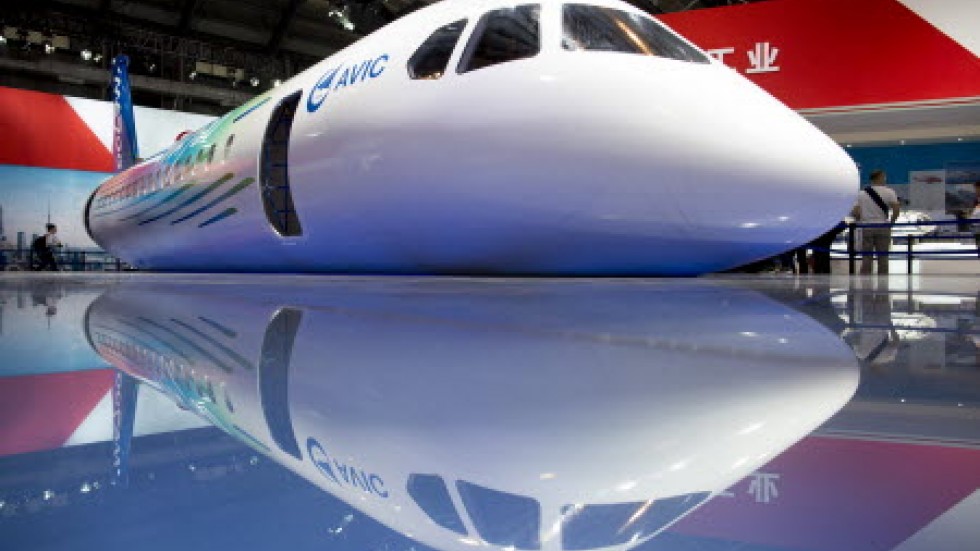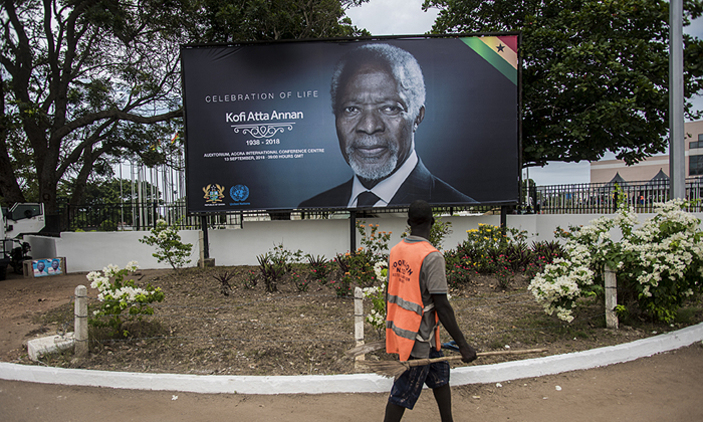The first training module of UNCTAD’s trade facilitation empowerment programme, which helps governments put in place the reforms necessary to make trade easier, cheaper and faster, has been completed by about three dozen Angolans from companies and ministries working on trade, transport and statistics.
Reforms such as automating customs procedures help cut unnecessary red tape that slows the movement of goods across borders and makes trade as much as 1.8 times more expensive for businesses in developing countries such as Angola.
Just as importantly, simplifying import and export procedures is now an obligation for countries like Angola that are party to the World Trade Organization’s Trade Facilitation Agreement, which entered into force on 22 February 2017.
Participants of the training module, held in Luanda, were primarily from Angola’s National Trade Facilitation Committee, created by the country’s Council of Ministers on 27 June 2018.
The committee will steer reform processes and coordinate actions required by various government authorities, including the trade, transport and agriculture ministries.
Speaking at the closing ceremony, Amadeu Nunes, Angola’s secretary of state for trade, called on the committee to ensure that all the necessary players are involved in the reforms, which include setting up a single window system and making import and export clearance procedures paperless.
“The adequate implementation of the measures provided for in this agreement will significantly improve the business environment in Angola and encourage new investments that can create new employment opportunities and, as a result, improve the living conditions of our populations, thus meeting the goals established in our National Development Plan for 2018-2022,” Mr. Nunes said.
Julian Fraga-Campos, an UNCTAD trade specialist who led sessions of the workshop, said that the trade reforms could also provide new opportunities for businesses in neighbouring, landlocked countries that rely on Angola’s roads and ports to import and export goods.
The training module included sessions on economic development and trade facilitation, trade logistics and policies that affect the flow of goods across borders. The participants also examined the different articles of the WTO agreement and learned methods for measuring the impact of trade facilitation reforms.
UNCTAD’s trade facilitation work in Angola is part of Train for Trade II – a four-year project financed by the European Union to help the country strengthen and diversify its economy, which remains dependent on oil exports and has been hit by price volatility in oil markets.
Coming activities in the Train for Trade II programme include seminars on commercial diplomacy, entrepreneurship, and transport and logistics.


